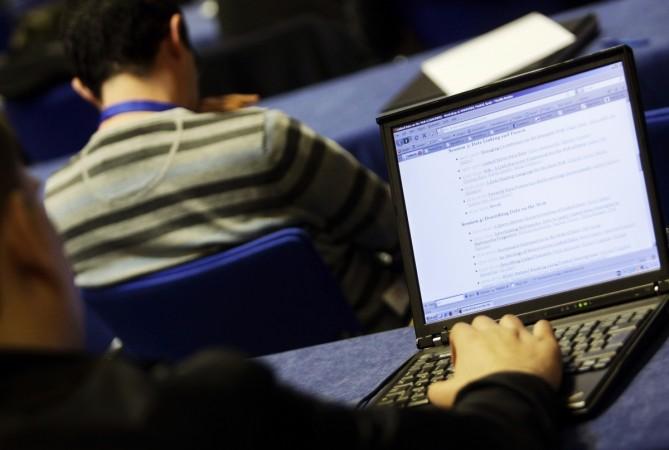
On January 18, 2012, the internet went dark to prove a point-and the message was driven home. The massive internet blackout was orchestrated to stop the then-proposed Stop Online Piracy Act (SOPA) and Protect IP Act (PIPA) bills, if upheld, would have led to the end of several websites on the grounds of copyright infringement.
Even after five years, the day stands as a reminder of how people deeply value the openness of the internet. Several protests were staged ahead of the massive internet blackout campaign, but the movement swiftly escalated with the participation of tech giants- Google and Wikipedia. More than 100,000 websites participated in the internet blackout to scrap SOPA and PIPA bills.
Wikipedia had blocked access to all the pages except the ones on censorship, PIPA and SOPA. Google had blacked out its logo as a sign of protest and gave link to a page to rally support against the bills. Reddit, also a known activist in the campaign, also redirected its users to a page designed to take action against PIPA and SOPA.
Firefox, imgur, BitTorrent site Demonoid, Craigslist, Wordpress and Minecraft also followed suit, TorrentFreak reported. Lawmakers also had to deal with millions of calls and emails from people opposing the bills.
The campaign forced the lawmakers to call off both bills, marking a victory to the various activist groups and tech giants. After the success of the internet blackout campaign, January 18, was declared as "Internet Freedom Day," which is still recognised and celebrated by the community.
SOPA and PIPA bills were backed by Hollywood copyright advocates, who wanted to impose legislative laws similar to gun control or reproductive rights. But that would've changed the outlook of internet as we know it.
The battle is not over...
The internet blackout in 2012 was able to scrap the censorship bills, but there have been ongoing battles ever since. Instead of curbing internet as a whole, copyright holders are now fighting lone battles with the help of lawsuits. Is it right to induce internet blackouts over every single threat to net neutrality? Certainly not.
But that doesn't mean policymakers will have their way assuming there won't be another instance like the one in 2012 if they try to make the internet less open, less free and less powerful.









